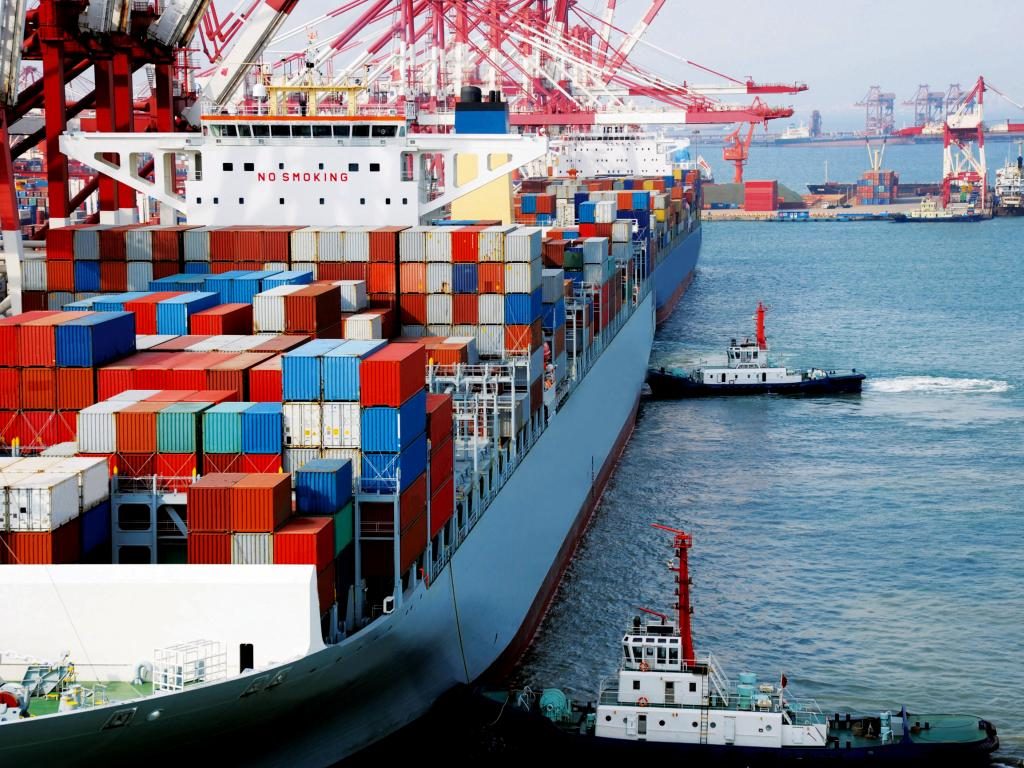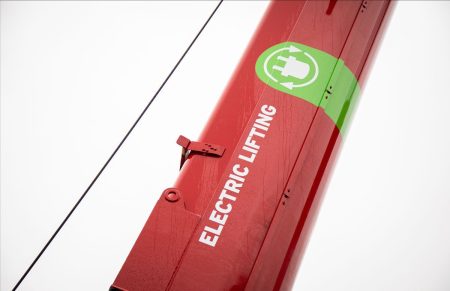
Vincent Toritseju
16 April 2018, Sweetcrude, Lagos — The Nigerian Shippers’ Council, NSC, yesterday commenced moves to stop the payment of container deposit fee by importers who sometimes never get refunded by shipping companies just as the agency has also concluded plans to sign a Memorandum of Understanding port charges.
In a meeting with three shipping firms in Lagos, the Executive Secretary of the Council Mr. Hassan Bello said that complaints about container deposit fee constitute about 80% percent received by the Council.
Bello explained that the agency is trying to de-emphasize the payment of the fee as the quite a number of importers have lost monies through non-refund of the fee adding that if care was not taken in the management of this issue, it could run some importers out of business.
He said that the MOU will have a far-reaching consequence on shipping.
The agreement, according to him is a highly sustainable mechanism in resolving disputes adding that if parties are able to conclude, it will have a positive impact on the industry.
He said “We rather you do not collect container deposit fee as it constitutes 80 percent of complaints received by the Nigerian Shippers Council.
Shippers are reported to have complained that the container deposit fee refund regime is harsh, sometimes through no fault of the shippers.
The whole idea of the engagement is to create a balance in the course of doing business in the nation’s ports.
“If you stifle the shipper, you will run him out of business, the Council wants a situation whereby you charge according to services rendered.
“The return of container deposit takes a lot of time and most times importers forego these deposits
“We want to ensure that shipping companies and terminal operators and other operators key in into the government initiative of the Ease of Doing Business in the ports so that we can have a very good rating by the World Bank and therefore attract investors to Nigeria.
“First of all we think there should not be any payment of container deposit in the first place, that is what we are going to work on, to abolish
“ We have to look at the whole container regime and issue specific regulation so that it will at par with international best practice.”



